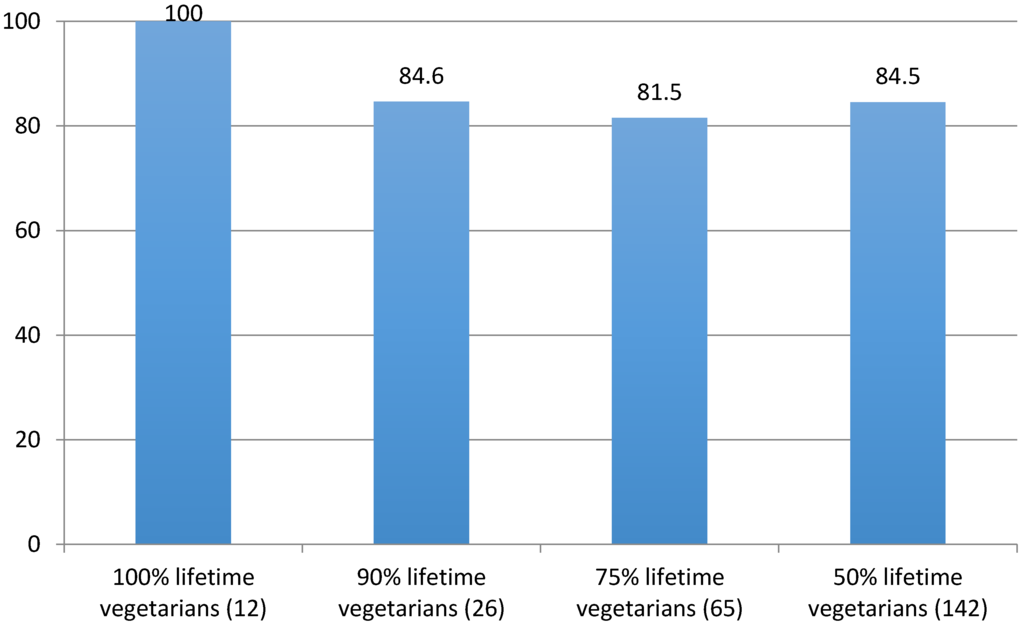Possible doesn't mean it's the best thing for the dog. It would be possible for us to survive on a tasteless prepared nutrient paste, but that doesn't mean we'd enjoy it or be better off on the paste than on a nutrient balanced healthy, varied diet. We'd certainly enjoy the latter a great deal more, too.
The majority of dogs are highly food motivated. Most of the behaviours we've bred them to utilise are all part of their hunting strategies to boot. We kept the tracking traits in our scent hounds. The stalking and freezing in collies and pointers. The chase and bite/kill in hunting dogs like bull breeds and ratting dogs. Hunting behaviours are ingrained in them, we've just shaped them for our own purposes. Watch a terrier ratting, and you'll see what wild dogs are really like.
Dogs are strongly food motivated. They get enjoyment out of food, they're prepared to work for it. I personally think it's cruel to deprive them of such a big part of their diet, for human purposes. I feed my dog a chunk of apple, carrot or a green bean for a treat at times, sure, and she snaps them down. But I've never seen a dog go wild for that the way they do when making liver treats, or cooking bacon. When a dog is less motivated in training sessions, we recommend using "high value" treats over less exciting ones like pre-prepared dog treats. High value treats tend to be things like dried liver, fresh chicken, or cheese. Strong smelling, meaty, or rich and fatty like cheese. In the animal kingdom as a whole, the liver is one of the prize parts of the animal for many species, because of the nutrition it contains. When orcas kill a great white, they often eat only the liver and leave the rest.
I realise that this is your parents choice, and not recessarily yours. But since you're defending it as being the better option and it's become a thread, gotta challenge that

I'm sure your folks had good intentions. It's not to knock them at all. But you're of an age that you should be aware by now that parents are not flawless, and make plenty of mistakes too. We all look up to our parents as being THE authority when we're children, that's how we've evolved to survive as well. But as we mature we come to learn that our parents are flawed adults who don't have all the answers any more than we do. We all just do our best with the knowledge we think we have at the time, but we all make mistakes too.
To debate the topic though, evidence and logic is required. Dogs are omnivores, and primarily carnivores. So why keep them on the diet of a herbivore? Why deprive them of something that is such a big part of their natural diet? "they can survive on it" isn't a good enough answer for me I'm afraid.
If the concerns are the ethics around commercial meat, then the answer is to not get a meat-eating pet. That's being selfish, not principled.



